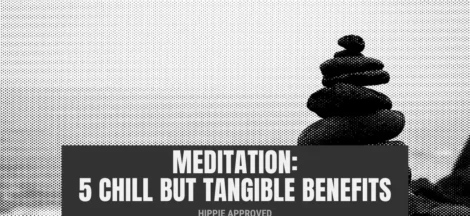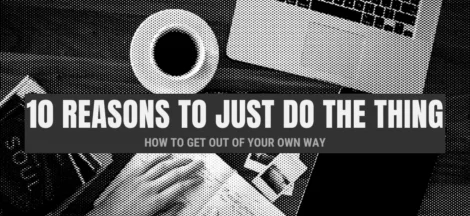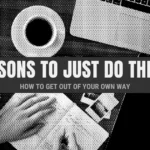The topic I dread most is here again—procrastination. In all of its unfulfilled glory. You see, the reason why I keep coming back to the topic of procrastination is because of how uniquely qualified I am, because of the amount of experience I’ve had with it. I suppose the better way of putting it would be the numerous battles I’ve faced against this arch-nemesis.
Most recently I spent quite a bit of time speaking with my psychologist about it. The most poignant question they asked me during the session was, “Maclean, why is it that you keep falling under the same rut? Why do you always default to procrastination?” Honestly, when I tried answering that specific question a couple of things became clear to me. Maybe they can help you too.
There are two main reasons that I fall to procrastination:
1. The path of least resistance
2. An aspect of self-sabotage
Let’s explore these two facets in a bit more depth.
The path of least resistance
What I mean when I say this is that when given a choice between a difficult option and an easier option we tend to default to whatever is easiest at any given moment, even if it might not be beneficial in the long run. The reason this happens has to do with thousands of years of evolution, and what benefited us when we lived during the hunter-gatherer times. It’s just very recently, in the past hundreds of years where survival isn’t such a pressing matter to human life. And in the absence of needing to make such split-second decisions, we have modern problems that require more foresight and future planning, something that is inherently foreign to us on a biological level. That being said, it’s not that we can’t re-program ourselves, but just that when we do, we have to do so by observing and following the rules.
We have to make the desirable choices, easier, and the undesirable choices difficult.
Thus, by adding some amount of friction between what we’d rather not do we make it inherently more difficult to reach that point.
A simple example: if you’re prone to checking your phone the first thing in the morning, firstly to check the time, and then secondly, because the algorithms on social media are so nefarious that you’d undoubtedly end up scrolling, simply keep your phone at a noticeable distance from your bed. If you’re forced to wake up and get out of bed, you’re less likely to get caught in the scroll-trap.
Self-sabotage
Though I mention that at most times I fall to the default option, there’s one thing that I hadn’t mentioned there, and this is this: I was always aware of what consequences awaited me if I DID procrastinate, and chose to do so anyway. This leads me to this line of thinking—some part of me must want to see myself fail, or at least there’s some inherent fear of success. And when presented with those crucial moments where I can choose to either procrastinate or action on things, I’ll choose procrastination in some part to halt progress.
Perhaps there’s an aspect of me that’s more okay with a familiar devil, rather than facing the unknown. This might in some way neatly be tied to my fear of the unknown that causes my issues with panic and anxiety. This is where meditation helps. Being face to face with your thoughts without other distractions, and then just letting them exist and let their presence be felt is an art all on its own.



 10 Reasons Why You Should Just Do The Thing (How to Get Out of Your Own Way)
10 Reasons Why You Should Just Do The Thing (How to Get Out of Your Own Way)